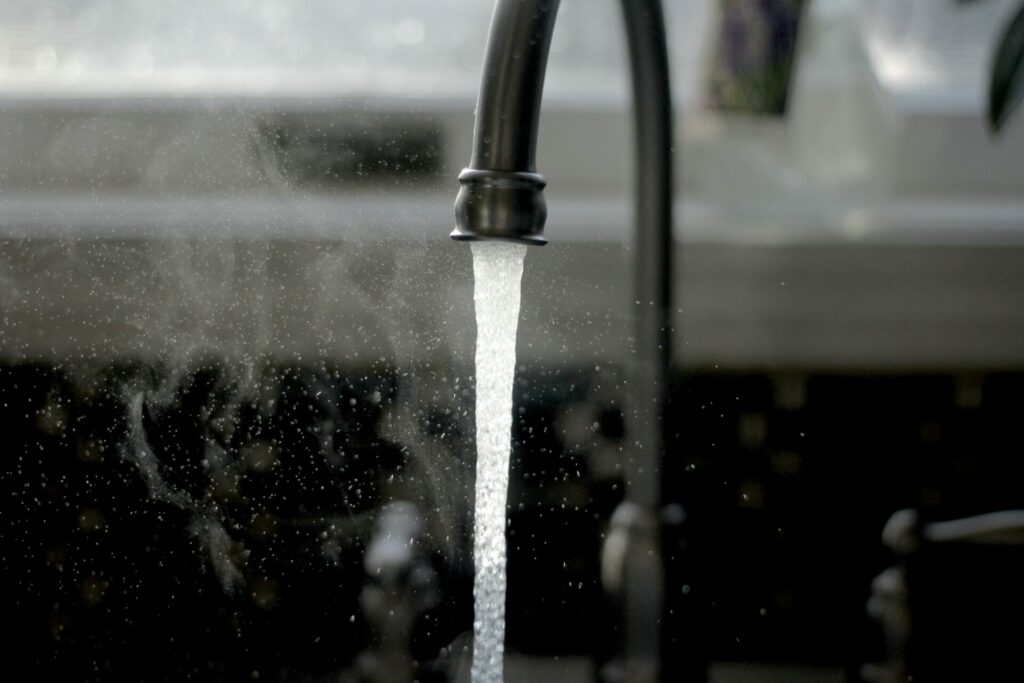Some sixty percent of land in the EU and the United Kingdom is under drought warnings or alerts, according to the European drought observatory. Belgium is placed in the warning category, with risk of deficit soil moisture.
To prevent drought, 14 municipalities in Wallonia have been asked to limit their water consumption given historically low water levels. Brussels (and Flanders) haven't yet asked to do so yet, reported Bruzz.
Related News
- High demand for bottled water continues to empty supermarket shelves
- 'Situation could become serious' if no rain falls by October, but how likely is this?
- No extra measures against drought for now, but 'situation is serious'
Water levels in Brussels have dropped in recent months due to drought, but no river or stream has run dry. However, the region is creating a new water management plan, that includes a drought plan for the first time to limit the harmful effects of long-term drought.
"Due to the summer holidays, many companies are on their summer recess and many residents are on holiday, so consumption in Brussels is now lower than average," said spokesperson for water company Vivaqua, Saar Vanderplaetsen, in Bruzz. "In contrast to the other two regions, we also do not have peak consumption for agriculture or horticulture."
"In addition, we still have a solid buffer in terms of water extraction. We are currently extracting 80,000 cubic meters per day from the Meuse, and we have permission for 120,000 cubic meters. In addition, there is still sufficient water available in our 26 groundwater extraction sites."
Vanderplaetsen does not believe there is a reason to limit water consumption in the coming weeks, but added that Vivaqua asks citizens not to waste drinking water.
Vivaqua have been restricted in how much water they can extract from the river Meuse, but drinking water levels are not yet in danger.
Drought plan
The drought plan will be put together by Brussels Environment, who drew up the plan, as well as experts from Vivaqua, the Brussels Water Management Company (BMWB), the Port and Brussels Prevention and Safety.
Awareness-raising methods, including a colour code system and related thresholds, will be key parts of the plan. Moreover, it will contain plans how to react to a crisis if water levels reach a critical threshold
Another aspect of the plan is to protect existing sources of water and identify new sources.
The water management plan will be subject to a six-month review from this autumn. Then it needs to be approved by the government before coming into effect.

